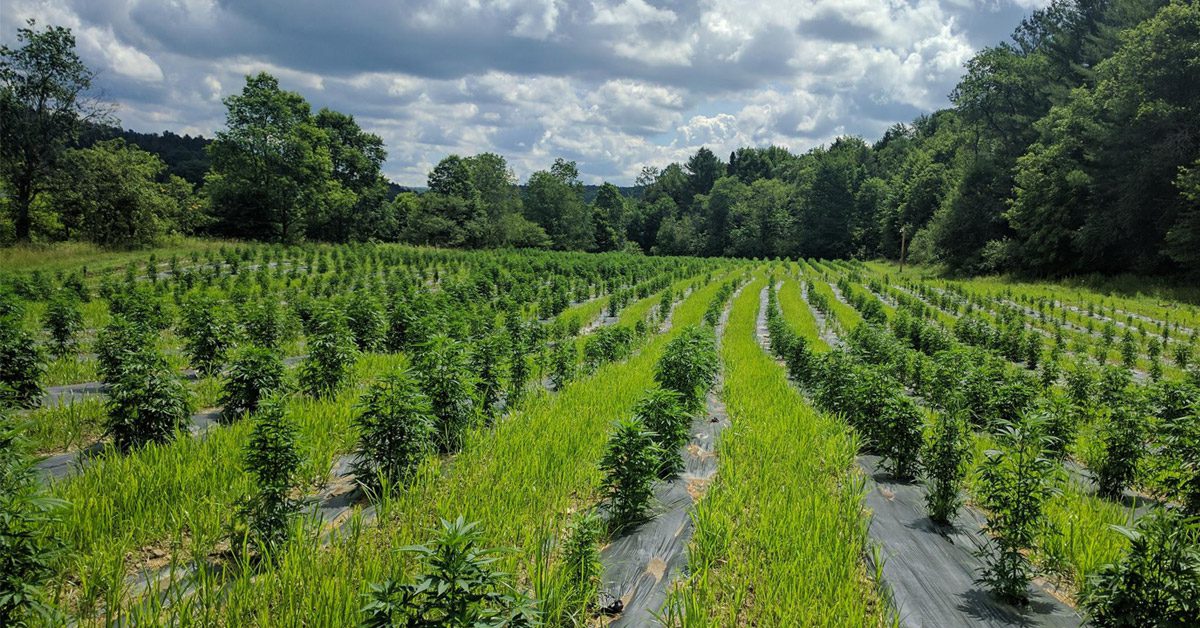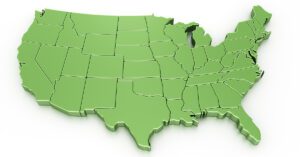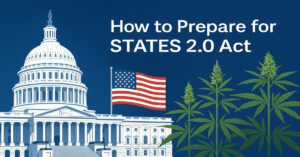This historical review and modern understanding was written by Grant Lane and adapted by CREC to update our audience on the perspective of how Hemp is changing economical and environmental innovation.
With the Hemp Farming Act of 2018 recently passing, many believe that a new chapter in human history has begun with new benefits becoming more well known around the use of hemp products.
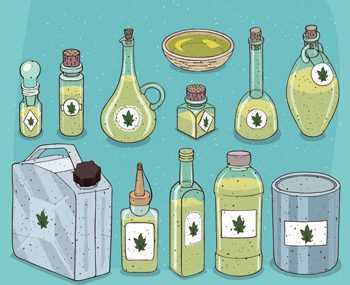
With new regulations, as long as Hemp growers are in compliance with state and national regulations, Hemp based CBD can be sold anywhere in the US and internationally where allowed by law.
To spare you the details of the laws, let’s just say there will be a lot more products at gas stations, convenience stores, and other locations you may not expect, like CBD infused cocktails.
People are quickly learning about Hemp CBD products and with more research available are becoming more aware of its many benefits to our society.
In fact, after learning about the potentially most important plant on this planet, one will, no doubt, be astonished that we have neglected Hemp for as long as we have. But before we proceed, let us reflect on our past so that we don’t fall into the same trap that we’ve been in for over the last seven decades!
A Brief History of Hemp
Despite Hemp being illegal since the Agricultural Marketing Act of 1946 (due to its close association with Cannabis and perceived competitive threat to the petroleum, pharmaceutical and timber industries) it has been cultivated around the world since as early as 10,000 BC.
Hemp is believed to be the oldest example of human industry, having been farmed by the Ancient Mesopotamians (modern day Iran and Iraq) as a textile fiber. Hemp also bears a striking resemblance to the so-called “Tree of Life,” which was said by the ancient Sumerians to have been passed down to them from the “Gods” as illustrated in the relics below.
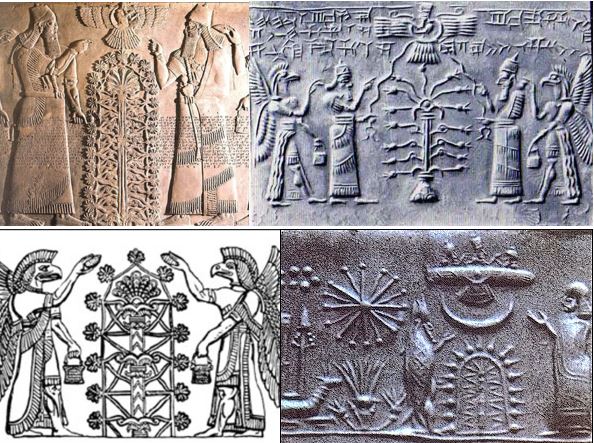
Medical Uses in Ancient Civilizations
Over time, Hemp became utilized for a wide variety of applications by cultures throughout the Middle East and Asia, eventually spreading into Europe and the Americas.
In addition to its industrial uses (textiles, rope, etc.), Hemp also became valued for its medicinal benefits by the Ancient Egyptians, Chinese, Greeks and Roman Civilizations, where it was used to treat a wide range of illnesses including insomnia, headaches, pain, absent-mindedness, nausea, digestive issues and inflammation.
Hemp became so highly revered in China by Emperor Shen Nung (2,700 BC) that he recommended the plant as a treatment for over 100 ailments. Hemp was even included in the “50 Fundamental Herbs of Chinese Medicine” and highly prized because it possessed both yin (feminine) and yang (masculine) medicinal properties, helping one out of a state of disease into one more harmonious and full of life!
Modern science has recently begun to catch up to the Ancient Chinese and CBD has been termed “the Holy Grail of Natural Medicine” by Dr. Rima A. Laibow. As a result of such diverse attributes, the Romans harvested the plant and gave it the name Cannabis Sativa, Sativa which translates as usefulness!
And how right they were!
Usefulness – 50,000 Unique Uses for Hemp
The number of industrial and health applications of Hemp now exceed well over 50,000 unique uses.
As new products emerge, you can find everything from paper (it is possible that Hemp will eventually replace timber as the primary source of paper). to packaging (cardboard, fiber, biodegradable plastic), to clean building materials (plywood, hempcrete, plastic, etc.), to rope, fuel, as a superfood (complete protein), for cosmetics and body care products, clothing and other textiles, to chemical cleanup, to paints and a whole lot more! One of the many reasons to start searching for hemp cultivation and farm locations.
The monumental impact Hemp could have on our future becomes much clearer when you look at it’s previous role in our history. From the seeds, to the stalks, to the leaves, and the roots, there are thousands of ways this plant can be used for human needs just like earlier civilizations.
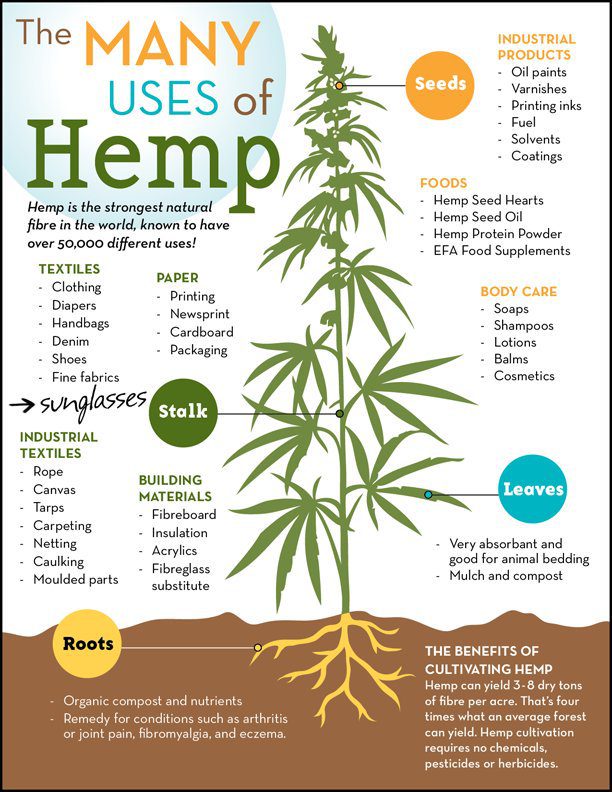
Hemp and Bamboo for a Lower Pollution Economy
From an environmental perspective, Hemp also possesses significant advantages over rival industries such as oil, cotton, timber and pharmaceuticals. In terms of sustainability, Hemp, alongside Bamboo, form the twin pillars of a fully sustainable pollution free economy.
Hemp and Bamboo grow extremely fast (as much as a foot a week or more in extreme cases) and sequester as much carbon as a full grown tree. One acre of Hemp yields as much paper as four acres of forest for half the cost.
It also produces a superior end product, taking far less time to grow and greatly reducing environmentally devastating deforestation that has severely impacted over a quarter of Earth’s forests.
Similarly, an acre of Hemp will produce as much cloth as 2.5 acres of cotton, requiring 20 times less water and minimal pesticides. Cotton crops in the US occupy a mere 1% of the country’s farmland but use 50% of all pesticides!
We will lay out the full environmental impacts of Hemp in a future article, but all said and done, Hemp is one of the most effective, efficient, and impressive plants on Earth!
A Brief Hemp Law Overview – Industrial Hemp as an Agricultural Product and Research
Hemp was recently removed from the Controlled Substances Act with national legalization.
Here is the conclusion of the Hemp Farming Act of 2018:
“SEC. 9. The Legislature finds and declares that this act [Senate Bill #1409 – Industrial Hemp Bill 10/1/2018] furthers the purposes and intent of the Control, Regulate and Tax Adult Use of Marijuana Act, for the following reason: By removing limitations on the manner in which industrial hemp may be grown and the uses for which it may be grown, this act removes barriers to the growth of industrial hemp as an agricultural product, and for agricultural or academic research.”
To be clear, under the eyes of the law, Hemp is NOT Cannabis, though they are close cousins of the same family. Hemp is defined as possessing less than 0.3% THC and any levels of all other Cannabinoids including CBD. It is not bound by the same interstate commerce restrictions as Cannabis, which poses a great benefit to farmers.
As long as Hemp growers are in compliance with state and national regulations, Hemp based CBD can be sold anywhere in the US and internationally where allowed by law.
What is the Future of Hemp Production?
The future looks grand for Hemp production and CBD products.
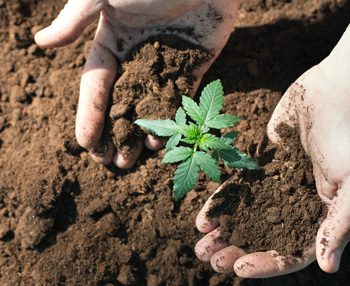 As more American research comes out about cannabis and hemp’s impact on our world, it continues to support the believers of the plant’s safety and viability.
As more American research comes out about cannabis and hemp’s impact on our world, it continues to support the believers of the plant’s safety and viability.
2019 is the year of CBD and Hemp legalization.
Will it also include Cannabis legalization is still up for debate, but these new regulations are allowing more farming and more researching, which is definitely an important step for our environment.
Farmers looking to grow Hemp must register their seeds with the California Department of Food and Agriculture (https://www.cdfa.ca.gov/plant/industrialhemp/faq.html) and will have to review county regulations as they evolve.
At the present time, the CA Industrial Hemp Advisory Board is looking to fill the 11th member position of its board before seeds can be registered and the farming process can officially begin, but this is expected to be completed shortly.
Restrictions where Hemp may be grown will likely include setbacks from schools, parks, residential areas and other ‘at risk’ public spaces. Legislation will also likely set limitations on usable farmlands as Hemp readily absorbs whatever is in the ground, including many toxins, meaning that much of the current farmland will be unusable. To learn more contact the CDFA at industrialhemp@cdfa.ca.gov or call (916) 654-0435.
Stay tuned for more Hemp updates as this monumental process continues to evolve and welcome to a healthier, more sustainable future! Comment below with your take on the future of hemp production and please reach out us if you need assistance to find an eligible cannabis location for purchase or lease.

